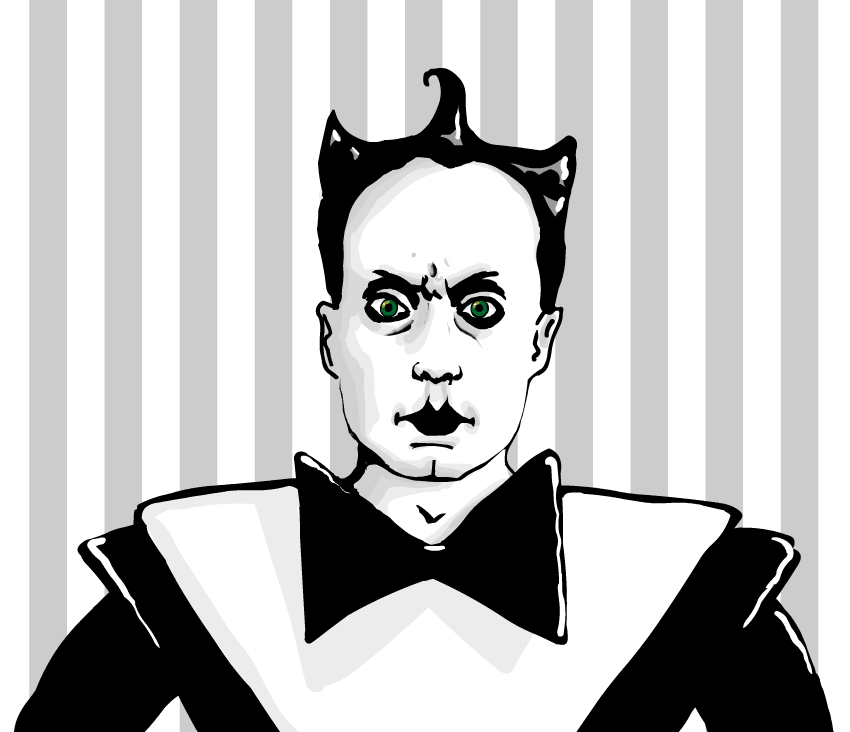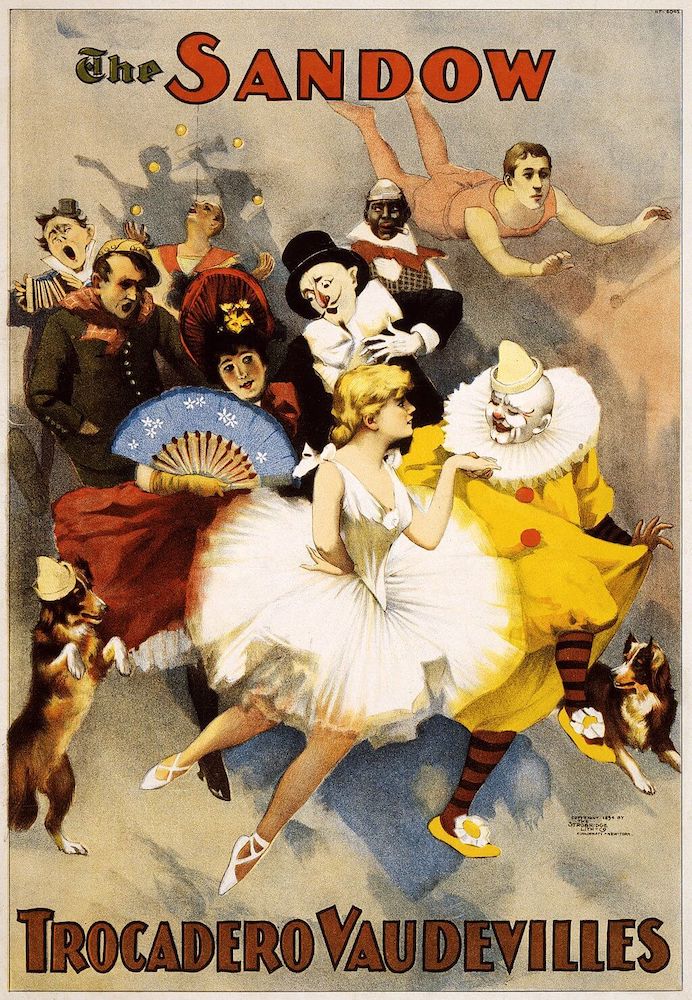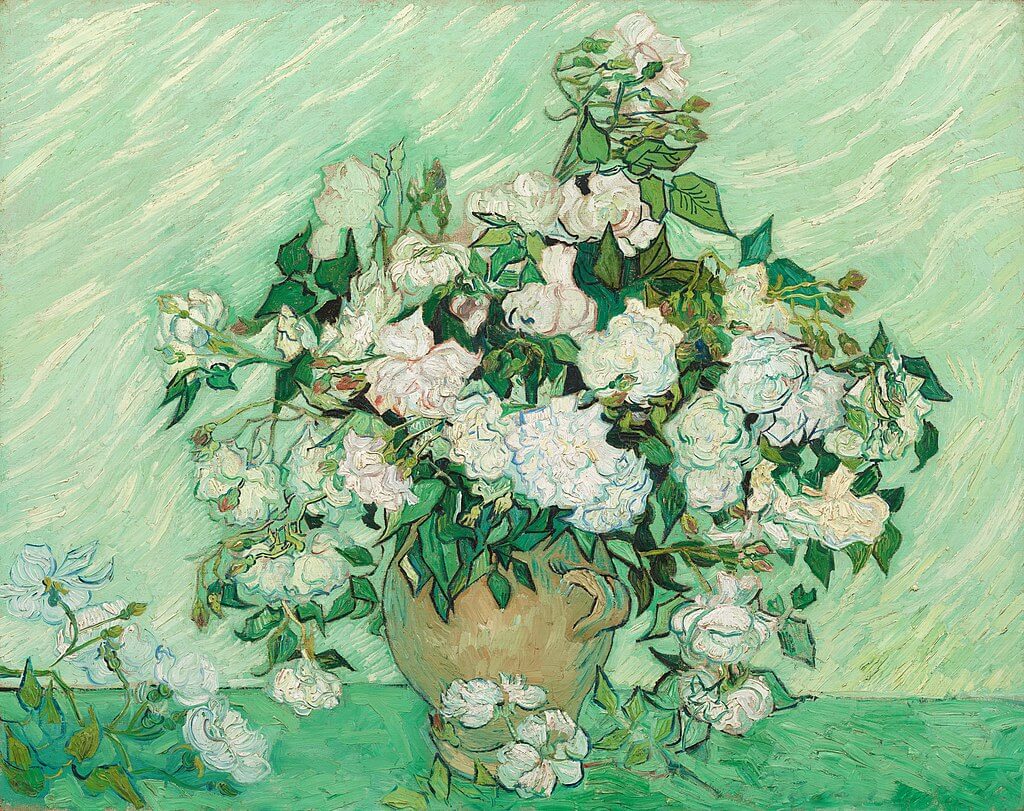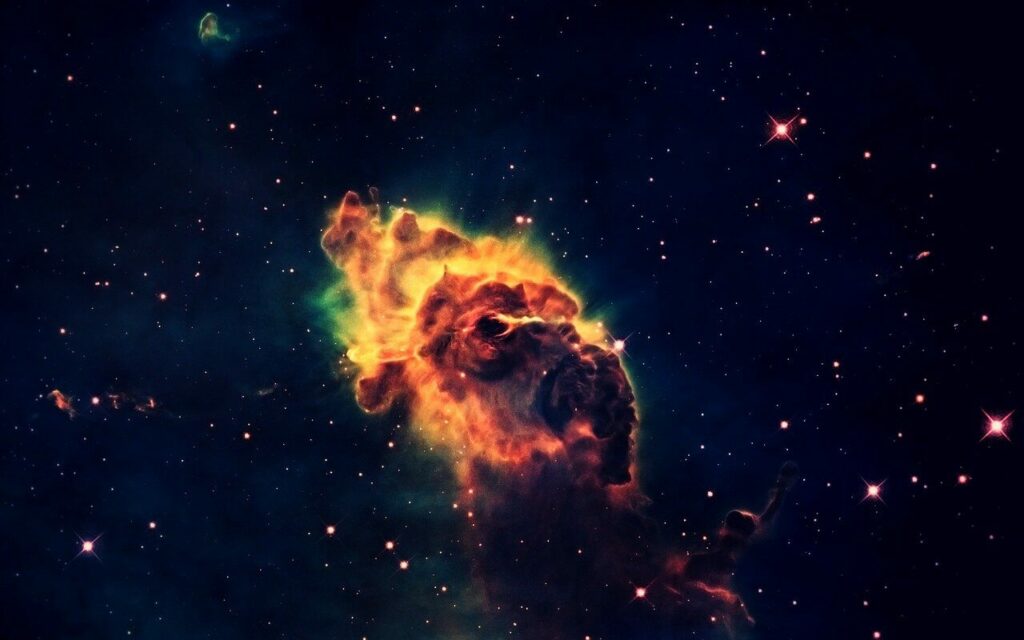The Transcendental Beauty of Klaus Nomi and His Voice
We are truly alone in the experience of being the human being we are.
“Can anyone truly understand the existence of another person’s internal world?” Correctly asks the author Olivia Laing in her book “the Lonely City: Adventures in the Art of Being Alone”.
Lately, I’ve been reading a lot about loneliness. Perhaps because I’ve been lonely, like everyone else, a lot of times. (managing and understanding emotions)
At some lone moment a couple of months ago I picked up Olivia Laing’s book. I thought the title would explore a writer’s journey through the lonely city life — something I’m interested in because not only do I find loneliness in metropolitans but also in the countryside where local cultures can be alienating, unintentionally or intentionally (read my Spiti mountain journey to see how I felt isolated even amongst a local family). But I found that the book is much more than the singular experience of Laing.
The Lonely City is not only a visceral account of Olivia trying to make sense of her intense loneliness in the urbane city landscape — which she calls a set of cells, a hundred thousand windows — but also a manifestation of her gnawing desire to understand how loneliness defines a human being and what does it mean for us.
Olivia underlines the significance of loneliness in our lives, “I don’t think any experience so much a part of our common shared lives can be entirely devoid of meaning, without a richness and a value of some kind.”
Believing in the richness of loneliness, I read on. Soon she starts introducing artists, some of whom lived an obscure life.
Olivia writes, “I was possessed with a desire to find correlates, physical evidence that other people had inhabited my state, and during my time in Manhattan I began to gather up works of art that seemed to articulate or be troubled by loneliness, particularly as it manifests in the modern city and even more particularly as it has manifested in the city of New York over the past seventy or so years.”
So the book is also a profound and real narrative — also deeply sad — of many North American artists, most of who lived through the country’s AIDS epidemic — i.e. the 1980s to the early 1990s. In 1992 alone 194,476 people died of AIDS-related infection in the US. Many gay artists felt the stigma no one had felt before.
On one of the pages, Olivia writes about the German countertenor, singer, outwardly performer, and pop artist — well from my little experience with his music he seems to be much more — Klaus Nomi. He was another soul tormented by the alienation AIDS brought those days. The disease would end up eating the artist and sadly we only had him for 39 years.
Olivia describes Klaus Nomi as a mutant chantant, who made an art of being an alien, like no one else on earth. “He had one of the most extraordinary voices I’d ever heard, soaring through the registers, a counter-tenor assaulting electro-pop.”
From the description, I make of Klaus Nomi as a singer, pop artist, a counter-tenor, and a being out of this world, but that’s why so much more of this world (like Van Gogh).

Then she writes,
“The film I liked best was of his very first appearance, at Irving Plaza on 15th Street in 1978, performing at a night called New Wave Vaudeville. He appears on stage in a see-through plastic cape, with wings painted around his eyes. A science-fiction figure, gender indeterminate, he opens his mouth and out comes ‘Mon creur s’ouvre à ta voix’, my heart opens to your voice, from Saint-Saëns’ Samson et Dalila. His voice is almost inhuman, climbing higher and higher. La flèche est moins rapide à porter le trépas, que ne l’est ton amante à voler dans tes bras. The arrow is less rapid in bringing death, than is your lover to fly into your arms.”
This introduction is too much for me to handle. Internet dodges me in this forest of Auroville. So I get up reluctantly, shift my phone to a garden patch with open sky, and wait for the cellphone to catch one more network bar. I Google search Klaus Nomi. Out of the several results that come up, I look at the link named “Klaus Nomi’s 1978 debut at New Wave Vaudeville, Irving Plaza (NYC).”

First I don’t understand the title at all. I had never heard of Vaudeville. Wikipedia says, “Vaudeville is a theatrical genre of variety entertainment born in France at the end of the 19 century. A vaudeville was originally a comedy without psychological or moral intentions, based on a comical situation: a dramatic composition or light poetry, mixed with songs or ballets.”
As per Wikipedia Vaudeville is a collection of acts of popular classical musicians, singers, dancers, comedians, trained animals, magicians, ventriloquists, strongmen, female and male impersonators, acrobats, clowns, jugglers, one-act plays or scenes from plays, athletes, lecturing celebrities, minstrels, and movies.
Feeling a bit overwhelmed by the richness the act promises and disappointed by its disappearance, I play the New Wave video. The Vaudeville begins and Nomi’s art director starts talking about him. Later I realize the video is a tribute to the artist and his first performance, a biography sort of, given by people who not only saw Klaus perform live but also worked with him.
At about 2:47 minutes into the video, Klaus comes on stage. He seems to be wearing a black latex top and white latex pants. Around him a plastic cape flows. Light glistens on his cape. His face is almost white with lips painted black and he has — what Olivia calls wings — around his eyes.
And I listen. Klaus Nomi’s voice rises and rises. I don’t understand a word. But his voice continues to rise as if he is making it heard on other galaxies. His face is shown in close up and I feel he is a seasoned stage performer and singer — such is the finesse with which he moves, sings, and raises and lowers his arms. His voice rises and rises.
Klaus is replaced by Ann Magnuson in the video and she talks but I don’t listen. I want to go back to the song desperately— even though I don’t understand the words. Then Klaus comes on screen again and his voice soars and soars and I find myself shaking, crying, whatever you may call it. And then Nomi turns left and then right as if stunned or numbed by something and that’s how he ends the performance.
Olivia says about the video,
“‘Holy shit’, someone shouts. There is a barrage of stray claps and cheers from the audience, then total silence, total attention. He gazes unseeing, that theatrical entranced Kabuki stare (the gaze that can cure epidemics, the gaze, nirami, that makes the invisible visible), the sound pouring from him. Verse-moi, verse-moi l’ivresse. Fill me, fill me with ecstasy. Then there is a series of bangs and the stage fills with smoke. ‘I still get goose pimples when I think about it,’ his friend and collaborator Joey Arias remembered. ‘It was like he was from a different planet and his parents were calling him home. When the smoke cleared, he was gone.’”
An online comment of a person who had seen Klaus perform live said something to the tone that when Klaus sang it felt a transcendental beauty was floating through the air.
I too felt a transcendental beauty while I had Klaus playing in my ears. All the forest had come to chirp and flutter around me. The air filled with sweetness and lifted my heart. I couldn’t stop crying for a few minutes. I wasn’t sad per se. But it was the beauty of this world and beyond that shook me to the core. The beauty some of us see, behold, and enjoy and the rest leave behind, muttering how difficult is life. It is truly difficult, but would you rather be dead while you are alive? (something Little Prince tells us all)
The song goes like this in English,
My heart opens to your voice Like the flowers open To the kisses of the dawn! But, oh my beloved, To better dry my tears, Let your voice speak again! Tell me that you are returning To Delilah forever! Repeat to my tenderness The promises of old times, Those promises that I loved! Ah! respond to my tenderness! Fill me with ecstasy! Delilah! Delilah! I love you! Like one sees the blades Of wheat that wave In the light wind, So trembles my heart, Ready to be consoled, By your voice that is so dear to me! The arrow is less rapid In bringing death, Than your love is By flying into your arms! Ah! respond to my tenderness! Fill me with ecstasy! Delilah! Delilah! I love you!
Sometimes something so beautiful touches you you don’t want to let the feeling go. You want to live in it. You want to tell the whole world of your discovery. Such was the moment when I heard Klaus. Today. For the first time. So here I’m. Writing this one of a kind article. Talking about a song that made me cry. A song I don’t understand. Yet I do. A song that made me feel alive. A voice that sang its loneliness to me from the time gone by. Like the light of a star reaching to us from millions of light years ago.

Which song makes you fly? What fills you with life? Remind yourself.
Feature Image Credit: Pixabay
*****
*****
Want similar inspiration and ideas in your inbox? Subscribe to my free weekly newsletter "Looking Inwards"!


Beautiful essay. I just discovered Klaus Nomi and your thoughts help me clarify my emotional state as I take in his work. Thank you.